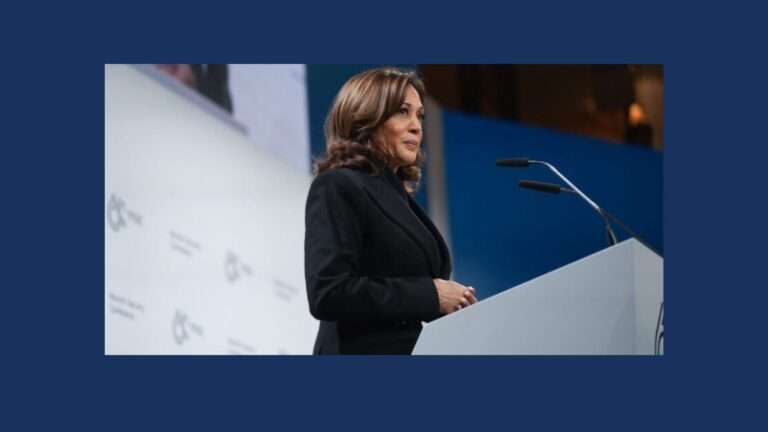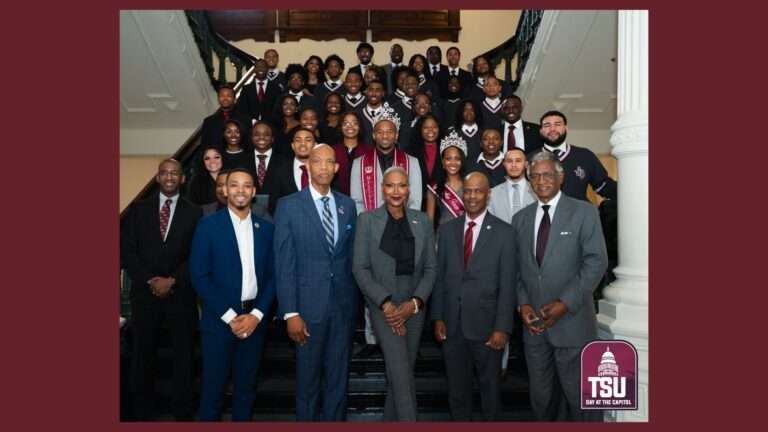Houston is one of the most ethnically diverse cities in the U.S. The population includes a large percentage of Hispanic, Black, and Asian residents. According to recent census data, Hispanic or Latino residents make up approximately 45% of the population, Black or African American residents around 23%, and Asian residents about 7%.
Historically, voting trends in Houston have reflected this diversity. The ethnic makeup of the city plays a significant role in shaping voting patterns across the wide city landscape.
On July 30, 2024, Ethnic Media Services talked to three election leaders about the everchanging face of politics in Houston:
- Renee Cross, Senior Executive Director & Researcher, Hobby School of Public Affairs, University of Houston
- Hector DeLeon, Senior Advisor, Governmental Affairs and Public Engagement, Harris County Clerk’s Office
- Michael Adams, Director, Master of Public Affairs Graduate Program (MPA), TSU’s Barbra Jordan-Mickey Leland School of Public Affairs (SOPA)
According to Renee Cross, “we have more than 2.6 million voters in Harris County. You know there are various factors of why we have low turnouts in the Houston area in Texas as a whole. Electoral competitiveness is certainly a huge factor. You know our districts are very gerrymandered here. There’s not a whole lot of competition, so people don’t get very excited. Again, we elect everybody for everything, including the dog catcher. So, we have a ton of elections. People get worn out. Our population in Houston is younger than the average voter age and otherwise. And we know that the younger the voter, the less likely they are to vote. Income is [also] a factor in voter participation. The wealthier you are, the more likely you are to vote. In Houston, Harris County levels are lower than some other metropolitan areas.”
The efforts to improve these issues include enhancing voter education, simplifying registration and voting processes, and enhancing outreach to underrepresented communities.
“It’s so those issues pertaining to turnout that the media needs to understand that each state defines what a registered voter is and how that they use that information. That has an impact on calculating voter turnout in each state. So that has an impact on whether a state has a high voter turnout or lower turnout,” says Hector DeLeon.
African American voters have also played a crucial role, with strong turnout in elections that address social justice, economic equality, and public safety.
Michael Adams shared, “In the black population where blacks are the majority, voter turnout was down by 21%. But the caveat is that the community may not always be accurate… If you take the Houston area, we’ve seen a lot of movement of blacks to Fort Bend County, out of the city, and to Brazoria County. Now, what does that mean in terms of voting? Well, I think there will be similarities or carryover effects that will impact those areas in terms of the movement of more blacks into parallel [positions]. You can expect to have more people of color or blacks in particular who may be elected to office.”
Overall, the ethnic vote in Houston is a major factor in its political landscape, and long-term trends suggest an increasing impact of diverse communities on local and state elections. – Kim Floyd








